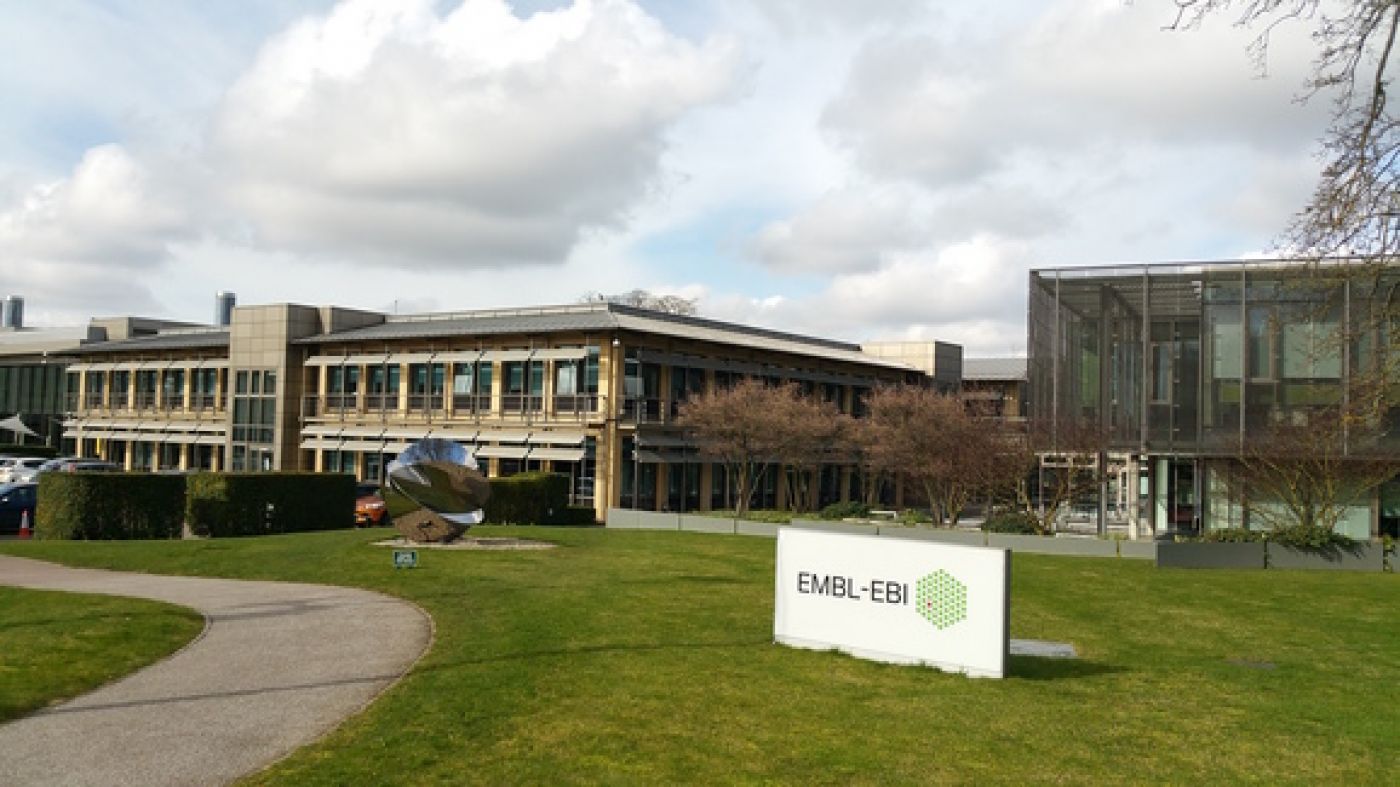Collaborating with the European Bioinformatics Institute (EMBL-EBI)
Media
Image

Blog content
In March 2017, I am conducting a three-week visiting post-doctoral fellowship at the European Bioinformatics Institute (EMBL-EBI, Cambridge UK), for the bibliometric and “big data” strand of the project.
I am collaborating with the EBI’s Literature Services to advance the project’s aims of mapping institutional networks in genomic sequencing initiatives (particularly the human, pig and yeast genome, c. 1985-2005).
The EBI’s Literature Services operates the life-science literature database, Europe PubMed Central, and offers world-leading expertise in integrating publication content with information from other types of databases. The Services’ work includes integration with a major nucleotide sequence database, European Nucleotide Archive, which this project is investigating in order to collect data on sequence submissions. Publication records in Europe PubMed Central are also used as a proxy and provide supplementary information on the affiliations and relationships of the actors.
This visit is a significant step to support my strand of work in aggregating sequence submission and bibliometric data collected from multiple online servers and APIs (application programming interface). Using data science and social network analysis techniques, I will identify the networks of actors, institutional collaborations, and examine actors’ centrality in each genome initiatives based on millions of records aggregated.
The opportunity to work with EBI undoubtedly provides useful insights on collecting and combining data to address questions such as who were involved in the human, pig and yeast genome initiatives, how their collaboration and networks changed over time, and what influence this may have on the development and translation of genomic sequencing work.
See more details about the work of this project’s strand here.
Find more information about the EMBL-EBI here.
Mark Wong, March 2017
EMBL-EBI, Hinxton, Cambridge. Image by Mark Wong.
